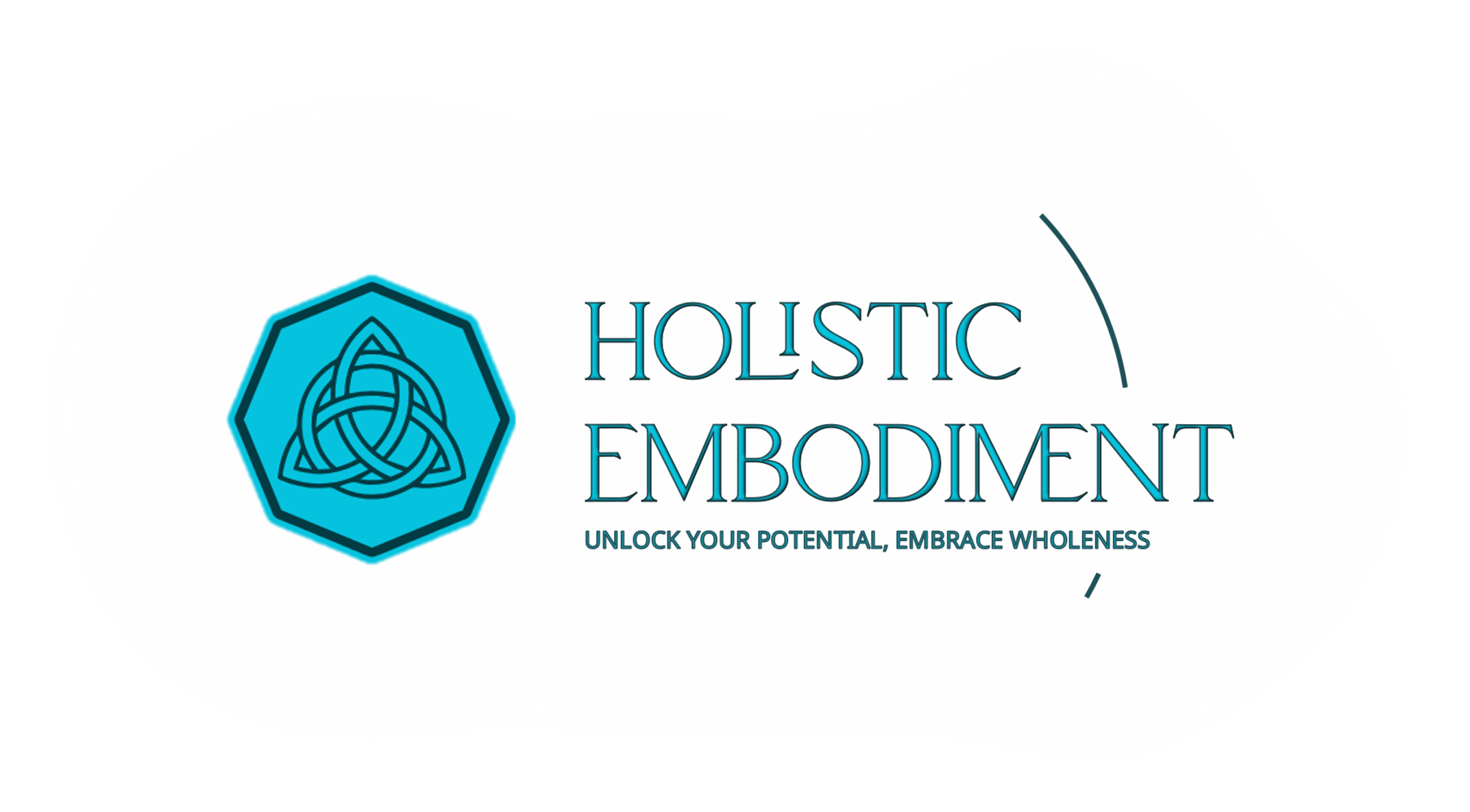
Unpacking Trauma: How It Shapes Us and How We Can Heal
What Is Trauma?
Trauma is a deeply personal and complex experience that affects individuals in different ways. It is often associated with distressing events that overwhelm a person’s ability to cope, leaving emotional, psychological, or even physical wounds. While some forms of trauma are widely recognized, such as accidents, natural disasters, or abuse, others can be more subtle, stemming from childhood neglect, toxic relationships, or persistent stress.
Understanding Trauma
At its core, trauma is not just about what happens to us but also about how we experience and process those events. Two people can go through similar situations, yet their responses can be vastly different based on factors like personality, past experiences, and support systems. Trauma impacts the nervous system, often leaving individuals in states of heightened alertness (fight or flight) or emotional shutdown (freeze or fawn response).
Sometimes, trauma is so subtle that it stems from events that may seem insignificant to our conscious minds today. However, when these events first occurred, we may have experienced them as deeply distressing or overwhelming. These small yet impactful experiences can shape our subconscious patterns, influencing our emotional responses, self-perception, and interactions with others in ways we may not immediately recognize.
The Emotional and Physical Impact of Trauma
Unresolved trauma can manifest in various ways, including anxiety, depression, difficulty trusting others, emotional numbness, or even physical symptoms such as headaches, digestive issues, and chronic fatigue. Often, trauma responses are deeply embedded in the subconscious, influencing behaviors and decisions without conscious awareness.
Because trauma responses are triggered by past experiences, we may sometimes act in ways that do not seem rational or aligned with our typical behavior. These reactions may appear disproportionate to the present situation, but they are often a reflection of past wounds being unknowingly activated. Until we identify the root causes of these trauma responses by tracing them back to the originating event, true healing remains out of reach.
Different Types of Trauma
Acute Trauma – Results from a single, intense event such as an accident, loss, or assault.
Chronic Trauma – Develops when distressing events are prolonged or repeated over time, such as ongoing abuse, neglect, or long-term stress.
Complex Trauma – Stems from multiple traumatic experiences, often within interpersonal relationships, profoundly affecting one’s sense of self and emotional regulation.
How a Life Coach Can Help with Trauma Healing
Healing from trauma can be overwhelming, especially when we struggle to identify the root causes of our emotional responses. A life coach can play a vital role in helping individuals work through past traumas by providing guidance, support, and tools for self-discovery.
A trauma-informed life coach plays a collaborative role in trauma healing by providing structured guidance, compassionate support, and tailored strategies for personal growth. Through a supportive partnership, a life coach helps individuals navigate their trauma journey by:
Recognizing and Understanding Trauma Responses – Through in-depth discussions and reflective exercises, a life coach helps you identify emotional triggers and behavioral patterns that stem from past trauma. Together, you will explore how these responses manifest in daily life and impact your well-being.
Uncovering the Root Cause – With guided questioning and self-exploration techniques, a coach helps you connect past experiences to current emotional struggles, making it easier to pinpoint the originating trauma event.
Reframing Past Experiences – A life coach works with you to shift your perspective, helping you move from a place of pain and helplessness to one of growth, empowerment, and resilience.
Developing Personalized Coping Strategies – Coaches provide tools such as mindfulness, breathwork, and grounding techniques tailored to your needs, helping you navigate emotional triggers in a healthier way.
Providing Accountability and Ongoing Support – The healing process can be challenging, but with a life coach, you have a consistent source of encouragement, guidance, and motivation to stay committed to your journey.
By working with a life coach, you gain a structured and compassionate approach to healing, helping you reclaim your personal power and create a future that aligns with your true self.
Healing from Trauma
Healing from trauma is a journey that requires patience, self-compassion, and, in many cases, professional support. Here is a step-by-step approach to healing:
Identify the Trauma Event – Reflect on experiences that may have left emotional imprints, even if they seem insignificant now. Understanding the root of your trauma is essential.
Acknowledge and Understand Your Responses – Notice how past trauma influences your emotions, behaviors, and reactions in the present.
Allow Yourself to Feel – Suppressing emotions prolongs suffering. Create a safe space to process and express the emotions tied to the trauma.
Reframe the Experience – Shift the perspective of the trauma event from one of helplessness to one of growth. Find meaning, lessons, or strengths gained from the experience.
Develop Coping Strategies – Incorporate practices like breathwork, mindfulness, and grounding techniques to regulate emotional responses.
Seek Support – Healing doesn’t have to be done alone. Engage with a therapist, life coach, or supportive community to help guide your journey.
Integrate and Move Forward – Recognizing how the past has shaped you, embrace your resilience and take steps toward a more empowered future.
By following these steps, we can begin to transform trauma from a wound into a source of strength. The process enables us to integrate our past experiences in a way that fosters resilience, healing, and a renewed sense of self.
Additional Supportive Practices
Some effective ways to support this healing process include:
Mindfulness and Breathwork – These practices help regulate the nervous system and bring awareness to emotions.
Journaling and Reflection – Writing down thoughts and feelings can offer clarity and a sense of release.
Therapy or Coaching – A trauma-informed therapist or life coach can guide individuals in understanding and processing their experiences.
Body-Based Practices – Activities like yoga, movement, and grounding exercises help reconnect the body and mind, fostering a sense of safety.
Healthy Connections – Building supportive relationships with people who validate and respect your experiences can be instrumental in healing.
Moving Forward
Understanding trauma is the first step toward reclaiming your sense of self. While trauma can leave deep imprints, it does not define you. With the right tools, support, and inner work, healing is possible. You have the strength within you to transform pain into resilience, and every step you take toward healing is a step toward a more empowered and fulfilling life.
If you’re ready to explore your healing journey further, consider reaching out for guidance and support. You don’t have to walk this path alone.







